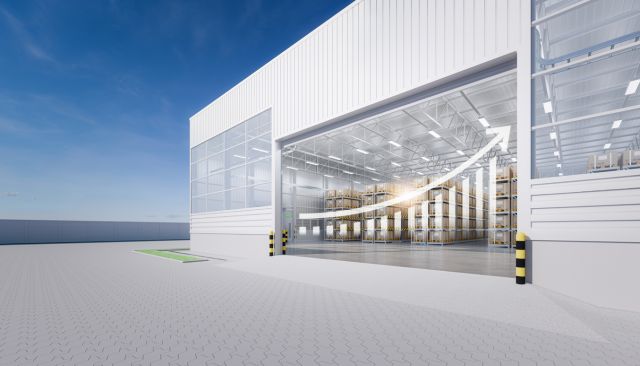The transportation and logistics industry are bracing themselves for new tariffs. The Trump Administration announced they would place 5 percent tariffs on all Mexican imports starting June 10th unless Mexico addresses illegal migrants to the US.
President Trump made the announced via Twitter on May 30th. It was also stated that the tax would grow by 5 percentage points each month until undocumented immigrants stopped crossing the US-Mexico border. The tariffs will gradually increase until it reached 25 percent, where it will remain until Mexico acts.
Tariffs on Mexican goods would impact the American economy and consumers. According to the US Bureau of Transportation Statistics, trucks carried nearly 70 percent of goods across the US-Mexico border last year, and trade between the countries increased by 10.2 percent from the previous year.
A majority of the fresh produce in the US comes from Mexico, and experts are already predicting shortages to occur if the tariff goes through. Suppliers will likely begin sourcing these items from other countries. The automotive industry will also take a hit. Around 2.7 million vehicles sold in the US last year were built in Mexico. US consumers will take the brunt of these tariffs, and within a few months, they will begin seeing an increase in prices on consumer goods from Mexico.
The transportation industry is already voicing their opinions on the new tariffs. The American Trucking Association said in a statement, “The ATA urges the White House and Congress to support free, open and fair trade between our country and our closest neighbors. Keeping our borders open for business for free and fair trade is important to our nation’s economy, and is vital for the more than 47,000 Americans who work in trucking-related jobs supported by cross-border freight movements between the U.S. and Canada and Mexico.”
This isn’t the first time the transportation industry has been slowed by the Trump Administration this year. Earlier in the year truck deliveries across the US-Mexico border were slowed due to Border Patrol agents being reassigned to help with the influx of immigrants. This created longer wait times at the border and backlogs, which would only lengthen if tariffs triggered a surge across the border.
The logistics industry has been preparing for a surge as some importers have considered moving goods more quickly from Mexico to get ahead of the tariffs that are set to take place soon. This sudden rush will not only create more trouble at the border but also strain warehouse capacity along the border. While some companies may move production out of Mexico, that will take significant time.
These Mexican tariffs threaten to derail the new proposed trade deal between the US, Mexico, and Canada, known as USMCA. The deal was set to replace the North American Free Trade Agreement (NAFTA), but it has yet to be ratified by the three countries. Mexican President, Andrés Manuel López Obrador announced plans to dispatch a delegation to the White House to compel Trump not to carry through with his threat. Trump has previously threatened tariffs on Mexico or to close the US-Mexico border before backing off.
The good news is that a 5 percent tariff would have little or no impact on cross-border trade, meaning the transportation and logistics industry wouldn’t be hit. Many experts also believe these tariffs to be a political negotiating tactic rather than a serious threat. Hopefully, they are right, and Mexico will remain a key trade partner with the US.



